The 10 Coolest Storage Startups Of 2011 (So Far)

Storage Startups Set Sights On Cloud Storage, "Big Data"
The first half of 2011 saw several storage acquisitions, but for every company bought at least two new ones seemed to appear. These storage startups are for the most part focused on either accelerating storage in data center and cloud environments with new ways to interface with SSDs and/or server memory, or on ways to better manage "big data," or data which scales to multiple petabytes of capacity and is created or collected, is stored, and is collaborative in real time.
Turn the page for a look at the future of storage through 10 of those startups.

Acunu: "Big Data" On Cassandra
London-based Acunu develops software that allows the running of "Big Data" applications on commodity hardware using the Apache Cassandra platform, which is a highly scalable distributed database originally open-sourced by Facebook.
The Acunu software uses SSDs as a bridge between server memory and hard drives to speed up access to data via a modified form of the Cassandra database.
Acunu was founded in 2009, but came out of stealth mode with its unveiling in March of a Series A funding round of about $3.6 million.
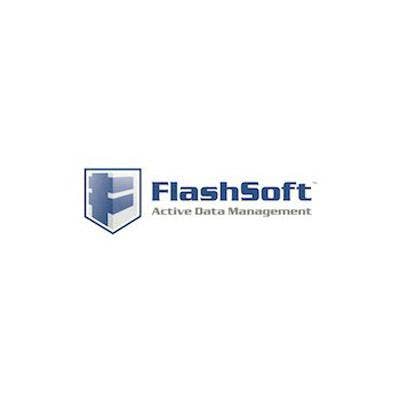
FlashSoft: Flash Memory Virtualization Software
FlashSoft in June exited stealth mode to unveil its FlashSoft SE software for using Flash memory technology to improve IT operations. FlashSoft also said it received $3 million in Series A funding to help software development.
FlashSoft SE software virtualizes the Flash memory inside a server and across multiple servers into a cache memory that can be used to run the most frequently-accessed data. It can work with PCIe-based Flash memory or with SSDs to keep hot data inside the server for the best performance.
The company this Summer plans to add technology to cluster the cache of multiple servers into a single virtual memory. It will initially support Microsoft clustering applications, followed by Linux, VMware, Xen, and KVM applications.

IO Turbine: Virtual Server Flash/SSD Storage
IO Turbine in May came out of stealth mode with software that virtualizes SSD and Flash storage on servers to increase the performance of primary storage in virtualized server environments.
Its new Accelio software, which is currently in beta, overcomes bottlenecks caused by multiple virtual machines sitting on clustered physical servers which are trying to access NAS or Fibre Channel or iSCSI SAN storage.
Accelio uses Flash storage as a read cache, not as a local drive, which allows the cache to be grow or shrink in size. If a virtual machine moves to a new host, Accelio can build the new cache there. It intercepts I/Os at the hypervisor level and then manages the Flash on behalf of the virtual machines.
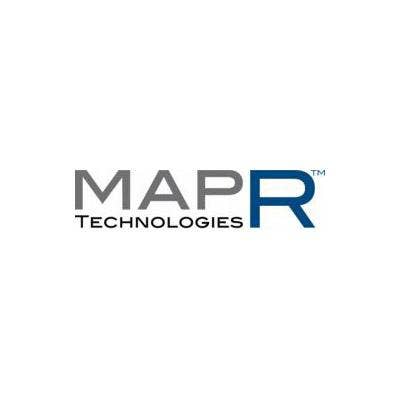
MapR: Big Data And Hadoop
MapR Technologies, San Jose, Calif., develops the MapR Distribution for the Apache Hadoop project, a framework for running "Big Data" applications on large clusters of commodity hardware. Hadoop breaks an application into multiple small fragments, each of which may be executed on any node in the cluster.
The MapR distribution comes in two forms. A free version provides core performance and use features for an unlimited number of nodes for small and large data centers, while the full version includes such capabilities as NFS high availability, snapshot and mirroring for data protection, and 24x7 support.
MapR first arrived at the scene during the EMC World conference in May when it was introduced by EMC as a partner for EMC's plans to enter the Hadoop market.
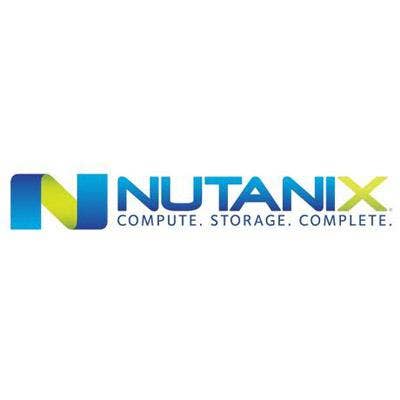
Nutanix: Converged Compute And Storage Appliance
Nutanix is developing converged compute and storage appliances which allow customers to build virtualized data centers without the need for a SAN.
The San Jose, Calif.-based company's Nutanix Complete Appliance was designed to provide a scale-out architecture on which to build virtualized server and desktop environments. Unlike companies like Hewlett-Packard, Cisco, and some of their partners which are bundling server and storage products for virtualized data centers, Nutanix plans to offer converged server and storage appliances that are purpose-built for virtualization.
Nutanix in April came out of stealth mode with its unveiling of its Series A funding round of $13.2 million. The company plans to use the funding to establish its North American market presence.
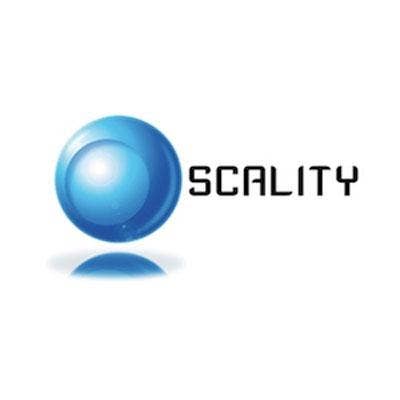
Scality: Scalable, Object-based Storage
San Francisco-based Scality is developing what it calls organic storage, a scalable object-based storage technology that allows millions of users storing and accessing thousands or millions of files in a cloud.
The Scality RING Organic Storage software was originally developed to manage email systems, and can scale to track dozens of billions of objects. The software is targeted at primary storage applications which handle or manipulate a lot of data for a lot of customers, but not for high-performance applications such as Oracle databases.
The Linux-based software can be tuned for better performance with the sacrifice of some capacity, or vice versa. It features distributed intelligence, so there is no single point of failure.
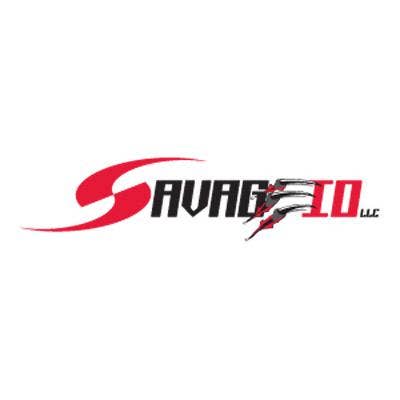
Savage IO: The DataBrick
Savage IO is a veteran-owned business founded in 2010 as a developer of high-performance NAS and SAN appliances. Those appliances, which were first unveiled in March, are based on the Batavia, N.Y.-based company's "DataBrick" concepts which fit up to 144 TBs of raw hard disk capacity in a 4U rack mount enclosure.
The DataBrick is unique in its patent-pending tray that slides out from the front of the enclosure to give access to multiple rows of drives without the need to pull the enclosure out or open the entire case. Savage I/O has a channel portal to provide quick quotes, and recently introduced a financing program.

SolidFire: SSD-Based Storage For Cloud Service Providers
SolidFire, Boulder, Colo., is developing scale-out clustered storage, which allows cloud service providers to use SSDs to overcome the performance issues caused by multiple customers storing data on the same storage infrastructures.
SolidFire combines SSDs with real-time deduplication, compression, and thin provisioning along with a management software to let service providers adjust storage for capacity or performance in real time to increase the performance of multiple virtual machines running in the cloud addressing primary storage.
The SolidFire architecture scales to 100 nodes with up to 1 petabyte of capacity to host over 100,000 tenant volumes and over 5 million IOPS.
Access to initial units begins in August, with volume shipments slated to start late this year.
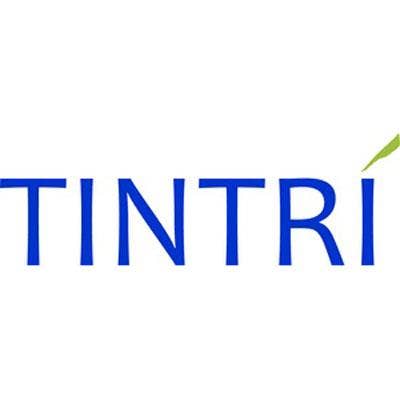
Tintri: Storage Appliance For Virtualized Environments
Tintri, founded by VMware's former head of R&D, in March came out of stealth mode with a new series of appliances aimed specifically at handling storage in virtualized environments.
The Mountain View, Calif.-based company's VMstore appliances can handle hundreds of virtual machines and their storage in a single device while making that device seem like a simple direct-attached storage array.
The VMstore includes about 1 TB of Flash memory and 16 1-TB SATA hard drives with built-in compression and deduplication technology and an administration console which hides the complexity of attaching virtual machines to storage. It was designed to be managed by IT personnel who have virtualization experience but not necessarily have storage experience.

VeloBit: Accelerating SSD Performance
VeloBit, Boxborough, Mass., is developing software that can be used with any SSD to increase storage performance while decreasing its cost.
VeloBit's software works with customers' existing storage to allow them to deploy SSDs without changing their applications or primary storage systems, thereby preserving their existing data protection and data management investments. The company said its software is easy to install, transparent to applications, and works with any block-based storage systems.
VeloBit, Inc. was founded in September 2010, and came out of stealth mode in early June when it unveiled its Series A round of funding, which it plans to use to finance product development. Its software is currently in beta testing.